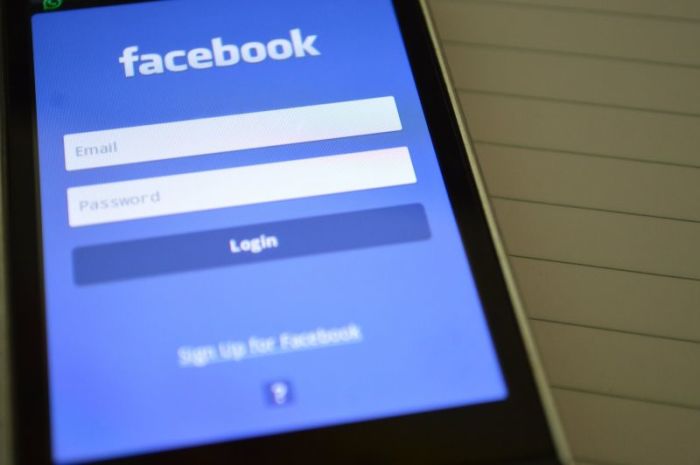Facebook creates its own 'Supreme Court' to judge content ban appeals

Facebook has created a new oversight board to help set the tone on which posts violate policies, a body that some are calling the social media giant’s own “Supreme Court.”
In a posting Tuesday, Facebook announced an entity called The Oversight Board to give users a way to appeal Facebook’s decisions regarding content posted on Facebook or the Facebook-owned photo-sharing platform, Instagram.
The creation of the board comes as Facebook and other social media giants have been accused of censoring content from Christian conservatives and pro-life advocates.
Many have complained about content that has been censored in one way or another on grounds that they violated Facebook’s community standards. The standards have a strict policy prohibiting “hate speech”
However, Facebook claimed earlier this year that any bias issued against Christian conservatives has been unintentional.
“The content policies we write and the decisions we make everyday matter to people,” Facebook VP of Global Affairs and Communications Nick Clegg said in a statement. “The Oversight Board will make Facebook more accountable and improve our decision-making.”
According to the charter governing the board, the board will “exercise neutral, independent judgment and render decisions impartially.” Additionally, the names of board members will be made public.
“The purpose of the board is to protect free expression by making principled, independent decisions about important pieces of content and by issuing policy advisory opinions on Facebook’s content policies,” the charter explains.
“The board will operate transparently and its reasoning will be explained clearly to the public, while respecting the privacy and confidentiality of the people who use Facebook [and Instagram].”
The board members are tasked with reviewing content enforcement decisions to determine if they are consistent with Facebook's community standards.
“For each decision, any prior board decisions will have precedential value and should be viewed as highly persuasive when the facts, applicable policies, or other factors are substantially similar,” the charter explains. “When reviewing decisions, the board will pay particular attention to the impact of removing the content in light of human rights norms protecting free expression.”
Much like a state or federal Supreme Court, the oversight board will also be given the discretion to choose which cases it will review.
“In its selection, the board will seek to consider cases that have the greatest potential to guide future decisions and policies,” the charter explains. “In limited circumstances where the board’s decision on a case could result in criminal liability or regulatory sanctions, the board will not take the case for review.”
“The board will establish its own set of procedures that its staff will use to select a pool of cases from which the board can choose,” the charter continues. “Once a case is selected, the board will notify the submitting person, the person who originally posted the content, and Facebook.”
According to Clegg, Facebook hopes that the board-governing charter will “become a model for our industry.”
The board will be governed and funded by a trust that receives funding from Facebook. The Trust will be made up of independent trustees.
“The trustees will maintain and approve the board’s operating budget, including member compensation, administration and other needs,” the charter states. “The trustees will formally appoint and, if necessary, remove members for breaches of the board’s code of conduct.”
In a letter, Facebook CEO Mark Zuckerberg stated that the board will be an advocate for “people’s right to free expression” and hopes that it will give users “confidence that their views will be heard.”
Zuckerberg added that the creation of the board should also give users confidence in knowing that “Facebook doesn’t have the ultimate power over their expression.”
“Just as our Board of Directors keeps Facebook accountable to our shareholders, we believe the Oversight Board can do the same for our community,” Zuckerberg explained.
According to Facebook, users should be able to start filing appeals to the board in the first half of 2020.
The announcement drew comment from Lila Rose, a pro-life activist and founder of the pro-life nonprofit Live Action.
Facebook labeled Live Action, which advocates against abortion, as “false news” earlier this summer on the advice of two abortion doctors.
“Will @Facebook’s new ‘Supreme Court’: Hold abortionists’ dangerous medical advice above the position of thousands of pro-life ObGyns? Obey the abortionists who help lead pro-abortion orgs, as they misrepresent our statements & demand our deplatforming?” tweeted Rose.
Follow Samuel Smith on Twitter: @IamSamSmith
or Facebook: SamuelSmithCP




























